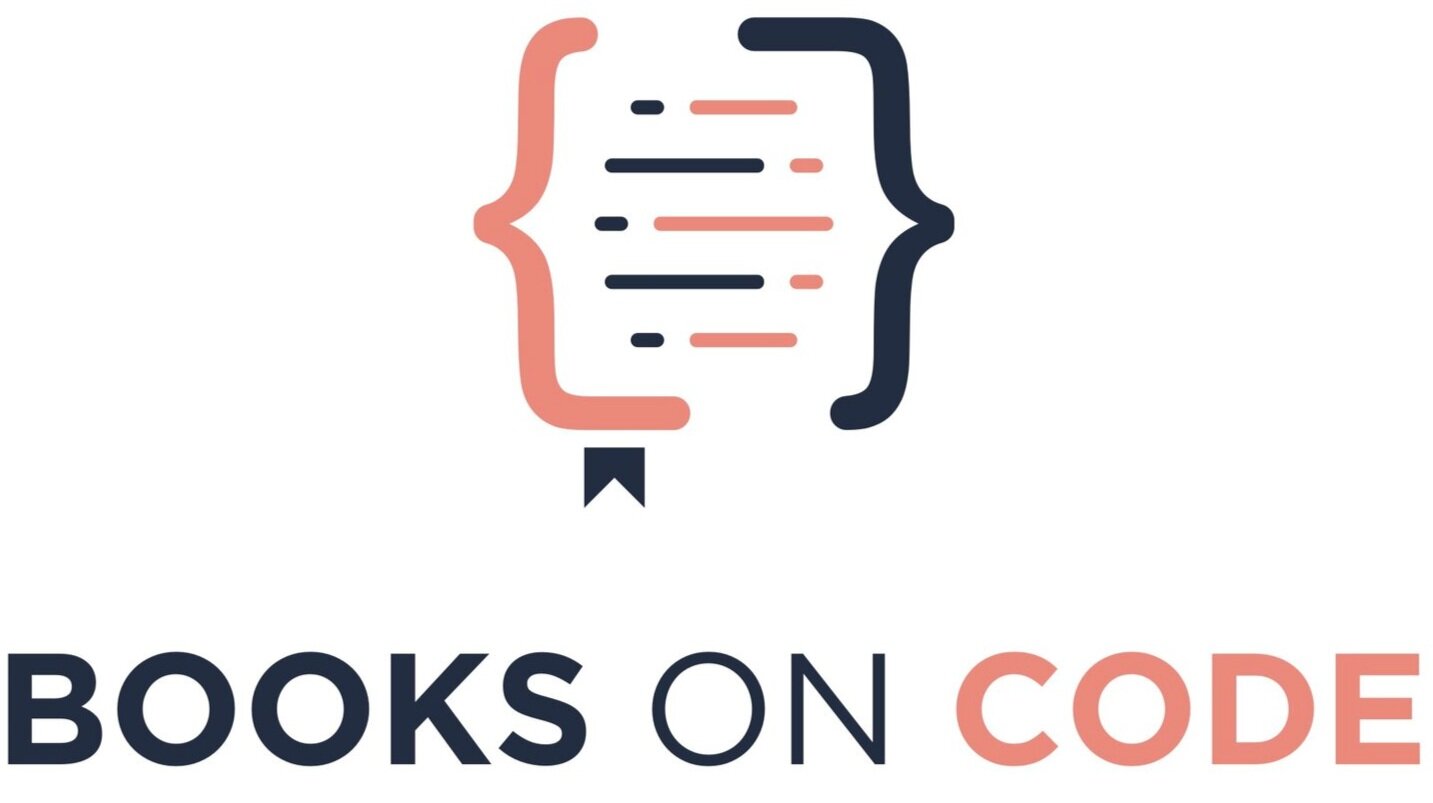Top 5 Ruby Books for Beginners in 2023
The name ‘Ruby’ is inspired by the real ruby gem.
Ruby is a pure object-oriented programming language developed by Yukihiro “Matz” Matsumoto. It is a general-purpose, open-source, and cross-platform language that supports multiple operating systems like Windows, macOS, and various versions of UNIX.
Ruby is one of the fastest-growing programming languages. It is also used as a server-side scripting language and inherits some features of Smalltalk, Perl, and Python. This high-level language’s syntax is similar to other languages such as C++ and Perl.
This article will guide beginners to get started with Ruby. We will introduce you to some of the best Ruby programming books for beginners so that you can learn and polish your coding skills in Ruby.
Why Learn Ruby
If you have decided to become a developer or a programmer then Ruby is a great language to start with. I am going to give you some reasons why you should start with Ruby.
Here are the top reasons you should learn Ruby:
Easy to understand: Ruby syntax is very easy to read, write, understand, and maintain. This programming language is easy to get started with and was originally designed to make programming fun. Ruby is succinct and reads like English, which makes the code easy to understand for coding beginners.
Flexible: As a dynamically typed language, Ruby is flexible and does not have hard rules on how to build features. And guess what? Ruby is also more forgiving of errors. This means you will still be able to compile and run your program until you hit the problematic part.
Active community support: Due to Ruby’s popularity, it has a huge, active, and vibrant community.
High in demand: Ruby is high in demand and companies like Twitter, Etsy, Soundcloud, Goodreads, and Kickstarter got their products off the ground with Ruby.
With all this in mind, one thing is crystal clear: learning Ruby is easy and valuable for beginners! So, let’s get started!
What Makes Best Ruby Books?
What makes a Ruby book good? Good question, but there’s no easy answer!
When a novice reader is holding a Ruby programming book in his hands, there are a few criteria that make a book worth reading.
The contents are well-organized and well structured.
The book is concise and easy to understand.
Contain exercises, examples, and practice problems for hands-on experience.
Engaging and able to hold the attention of readers.
Best Ruby Books for Beginners
If you are new to Ruby, I highly recommend the following books to get started with.
Here are the best Ruby books for beginners:
1. Best Book for Step-by-step Learners: Ruby For Beginners: Your Guide To Easily Learn Ruby Programming in 7 days
Ruby For Beginners: Your Guide To Easily Learn Ruby Programming in 7 days by iCodeAcademy is carefully crafted to aid the novice programmer in learning to write a code in Ruby language. This book covers everything that a beginner in Ruby programming should learn.
The book concentrates on the basics and makes sure that the reader absorbs every lesson before he goes to the next one. This book will give you a lot of practice programs or so that you can increase your confidence and experience in Ruby programming. The book is divided into eight chapters.
Chapter 1 talks about Getting acquainted with ruby
Chapter 2 covers Initial Preparations
Chapter 3 Start with the Basics
Chapter 4 covers Ruby Variables
Chapter 5 talks about Methods
Chapter 6 covers Flow Control
Chapter 7 talks about Iterators and Loops
Chapter 8 gives more details on Arrays and Hashes
This book is most suitable for you if you are a total beginner in Ruby programming. We recommend it to anyone who wants to learn Ruby quickly.
2. Best Book for Visual Learners: Head First Ruby: A Brain-Friendly Guide
Head First Ruby by Jay McGavren is a simple and easy-to-understand book to learn Ruby programming language. You will learn how Ruby works and why you should write code in a certain way.
The book uses a visually rich format to engage your mind, rather than a text-heavy approach to put you to sleep. You will get plenty of practical examples with lots of code snippets to get mastery over Ruby.
The book is divided into fifteen chapters and the contents covered are:
Chapter 1 gives an introduction to Ruby and talks about how to code in Ruby
Chapter 2 covers Methods and Classes
Chapter 3 talks about the inheritance
Chapter 4 guides you on initializing instances
Chapter 5 covers Arrays and Blocks
Chapter 6 talks about Block Return Values and how to handle this
Chapter 7 covers hashes
Chapter 8 covers references
Chapter 9 talks about Mixins
Chapter 10 covers Comparable and Enumerable: Ready-Made Mixes
Chapter 11 covers documentation
Chapter 12 talks about exceptions and their handling
Chapter 13 covers Unit Testing: Code Quality Assurance
Chapter 14 covers web apps
Chapter 15 talks about Saving and Loading Data
By the end of the book, you’ll learn how to work with 3rd party libraries and how to build your application. If you are new to programming, this is the best book to start writing on Ruby!
More books you may like:
3. Best Book for Absolute Beginners: Intro To Ruby Programming: Beginners Guide Series
Intro To Ruby Programming: Beginners Guide Series by John Elder walks you step by step through the ins and outs of Ruby Programming. You will learn about Variables, Math, if Statements, Array, Hashes, Loops, Methods, and much more.
The book polishes your Ruby skills with practice exercises at the end of each chapter and builds a math flashcard game using all the skills you've learned throughout the book. As you go through the book, you will be able to learn:
How To Get Started With Ruby
Fun With Math, Variables, and Inputs
Basic Programming Concepts In Ruby. This includes Basic IF/THEN, IF/ELSE, IF/ESLIF, Multiple Conditionals, String Manipulation, and how to build a Choose Your Own Adventure Game
More Intermediate Programming Concepts With Ruby. This includes arrays, loops, and how to build a Fizz/Buzz Game
More Advanced Programming Concepts including methods and hashes
You don't need any programming experience to dive in and get started with this book. By the end, you'll be well on your way to becoming a professional Ruby coder!
4. Best Book for serious Learners: The Well-Grounded Rubyist
The Well-Grounded Rubyist by David A. Black and Joseph Leo III begins with your first Ruby program and takes you to sophisticated topics like reflection, threading, and recursion.
The book is written in an easy-to-read and casual style. It includes high-value exercises to practice your skills along the way. The book is divided into three parts and sixteen chapters. Part 1 covers Ruby foundations, part 2 talks about built-in classes and modules, and part 3 covers Ruby dynamics.
Chapter 1 covers Bootstrapping your Ruby literacy
Chapter 2 talks about Objects, methods, and local variables
Chapter 3 covers Organizing objects with classes
Chapter 4 covers Modules and program organization
Chapter 5 talks about the default object (self), scope, and visibility
Chapter 6 covers Control-flow techniques
Chapter 7 covers Built-in essentials
Chapter 8 covers Strings, symbols, and other scalar objects
Chapter 9 talks about Collection and container objects
Chapter 10 covers Collections central: Enumerable and Enumerator
Chapter 11 covers Regular expressions and regexp-based string operations
Chapter 12 covers File and I/O operations
Chapter 13 talks about Object individuation
Chapter 14 covers Callable and runnable objects
Chapter 15 covers Callbacks, hooks, and runtime introspection
Chapter 16 talks about Ruby and functional programming
This book is suitable for both novice and intermediate programmers and coders.
5. Best Book to get Up and Running: Ruby: Learn Ruby in 24 Hours or Less - A Beginner’s Guide To Learning Ruby
Ruby: Learn Ruby in 24 Hours or Less - A Beginner’s Guide To Learning Ruby by Robert Dwight presents the fundamental aspects of the Ruby programming language through detailed instructions and practical examples. It totals 110 pages with chapters on various fundamentals of programming like classes, objects, loops, and inheritance.
This book is fully up to date with the newest version of Ruby 2.x and it covers many of these new features and makes you comfortable with the basics. As you go through the book, you will be able to learn:
How to download the right version of Ruby for your computer
The fundamental principles of Ruby programming
The methods that you can use in Ruby
How to handle program exceptions
The syntax of Ruby commands
How to create loops, iterators, classes, objects, variables, and many more
If you want to become a skilled Ruby programmer in just 24 hours, this is the book you need.
More Ways to Learn
For maximum absorption of any language including Ruby, I always recommend pairing a book with an interactive or video course. This ensures that you are getting multiple inputs and you don’t burn out on any one medium.
Here are some recommendations for further learning:
Udemy: Udemy offers a recently-updated bestselling Ruby course, Learn to Code with Ruby. It is inexpensive and packed with hours of valuable video content.
Codecademy: If you’re wondering how to learn Ruby for free, Codecademy offers several courses on beginner Ruby concepts, which is free, and on premium (‘Pro’) courses on Ruby on Rails, and Authorization with Rails. For more on Codecademy Pro, see my Codecademy Pro review.
Coursera: Coursera has partnered with Johns Hopkins University to offer a beginner course on Ruby on Rails, which teaches how to build applications from the ground up with Rails.
And stick around, because I’ve compiled over 70 free coding resources to continue your education. So glad to see you in this article, and I hope to see you over there, too! 👋😊






